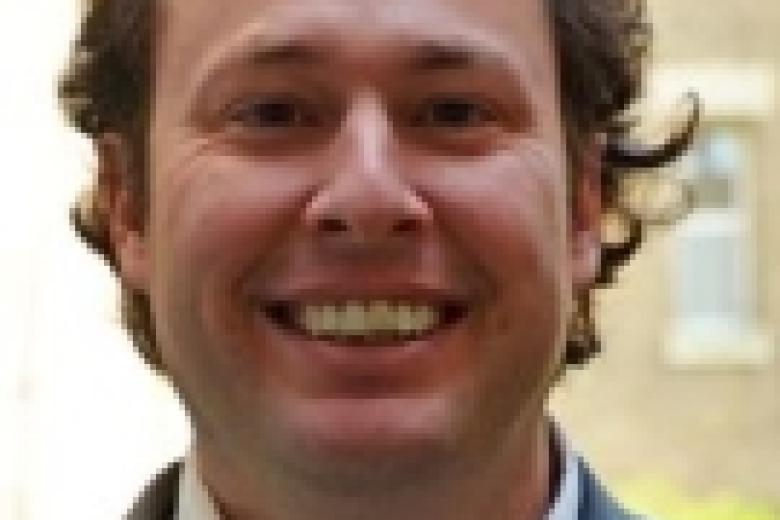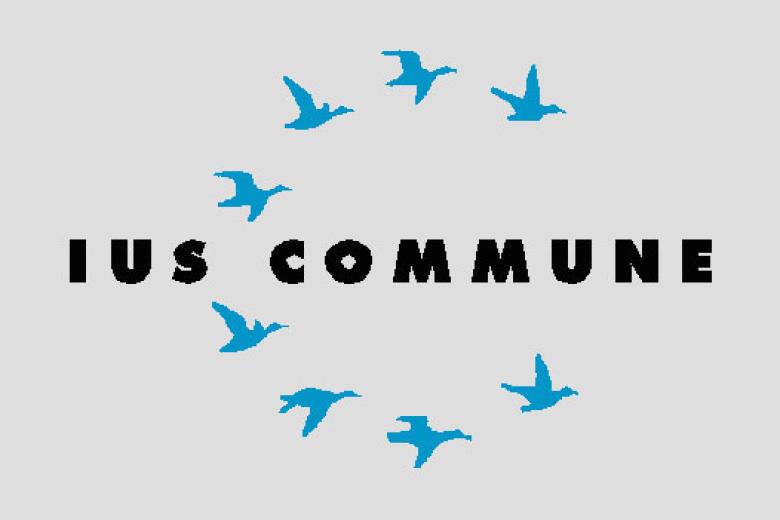Embracing Academic Dialogue in Legal Science
Evolution of legal science can better take place as a consequence of academic dialogue. Engaging in such dialogue is a manifestation of humbleness, of being willing to listen, and of welcoming growth. Academic dialogue is the epitome of university life. It can take place in three dimensions involving different actors within the scholarly setting: professor-professor, student-student, and student-professor.
Each of these dimensions calls for its own traits, contexts, and motivations. Actors engaging in each of these dimension have to enter into conversations with open minds and being willing to be surprised and challenged in their understandings. They have to leave behind feelings of fear and insecurity and have to avoid the petrifying effects that ego tends to trigger. Similar applies when engaging in dialogue beyond the scholarly setting, it should be noted. There, the actors can test their ideas and positions with a different audience, being exposed to new views.
Uncontested dogmas can be challenged through academic dialogue in the three dimensions within the scholarly setting. Professors and students can challenge paradigmatic understandings in legal science when engaging in academic interactions that are respectful and curios about learning the ideas of others. Learning can take place in the three dimensions, without distinction. Preparation is required for dialogue, since it can therefore only result in high level exchanges where an up spiral of knowledge is visualized. Research, processing of findings, and structuring of ideas are important when preparing for dialogue, and should be followed by a period of self-reflection and by the assessment of action points (e.g., engage in further readings on a specific argument or topic).
Dialogue–in any of its manifestations–involves being open and willing to accept a minor or major change in our positions. It is often about learning the limitations of what we think and the reasons why those limitations exist. We always have to engage in dialogue in the classroom and in academic meetings, from the beginning. Engaging with the ideas of others is always a priority. Dialogue has to be critical, it has to be deep, and it has to be constructive. After engaging in dialogue, we should be able to self-reflect and assess if: it was worth it, I questioned myself, I opened up, I moved forward, I grew, and I am ready to engage in dialogue again.
There is a need for an environment in which dialogue can be nourished and developed. When threatened, dialogue can stop immediately: it is fragile and it can easily die. In those lines, Argentine scholar Enrique Mariscal stated in 2008 that: “there is a need to first create the loving phenomenon of companionship so that the possibilities of an enriching, fluid, spontaneous, integrative, and non-separatist dialogue can flourish. When group meetings fail it is because that impersonal friendship that brings hearts and minds closer to unity, to full communication, to creative dialogue has not been achieved first.”
Academic dialogue has to be embraced. It has to be encouraged when lacking, protected when threatened, and nourished when blossoming. Then, all actors that participate of these learning experiences will be able to claim that dialogue grows strong and well.
Agustín Parise explores lessons to be learned from engaging in academic legal research. He previously wrote blogs about working together with librarians and on the interaction between students and tutors when doing research. In his newest blog, Parise shares why it is important to embrace academic dialogue.
A. Parise
Agustín Parise (Buenos Aires, Argentina) is Associate Professor of Law at the Faculty of Law of Maastricht University. He received his degrees of LL.B. (abogado) and LL.D. (doctor en derecho) at Universidad de Buenos Aires (Argentina), where he was Lecturer in Legal History during 2001-2005. He received his degree of LL.M. at Louisiana State University Law Center (USA), where he was Research Associate at the Center of Civil Law Studies during 2006-2010.

-
The Decennial Jubilee of Ius Commune in the Making
On 27 November 2025, the tenth edition of the workshop series on Ius Commune in the Making took place within the 29th Ius Commune Conference organised by the University of Amsterdam. This blog entry reproduces a public address by one of the members of the organising committee of that workshop series...

-
Overriding Mandatory Rules in International Arbitration: Balancing Business Freedom and State Interests
Imagine two companies from different countries enter a business deal. They pick a neutral country’s law to govern their contract and agree to arbitrate any disputes, thinking they can sidestep each other’s national courts. But what if one country’s law absolutely prohibits something in the deal –...

-
What is coercion?
According to classic economic thinking—and to common sense—if two parties agree to a deal, both are made better off, otherwise they would not have agreed. This idea is also reflected in contract law, at least in its basic form, treats consent as the cornerstone of a valid contract. If both sides say...
